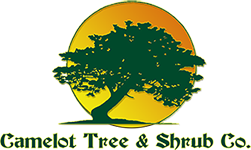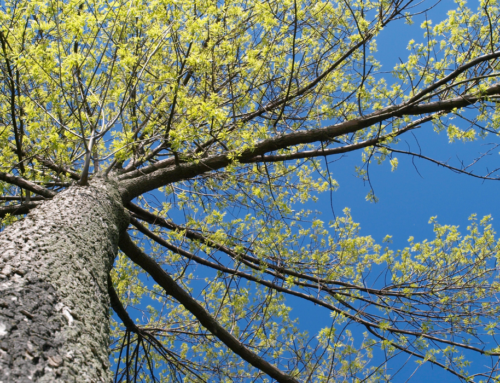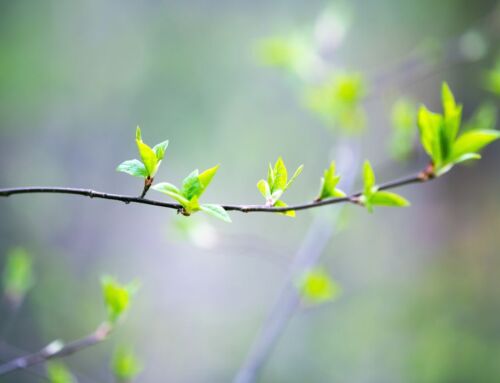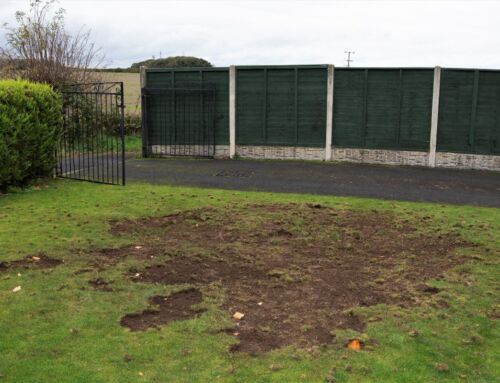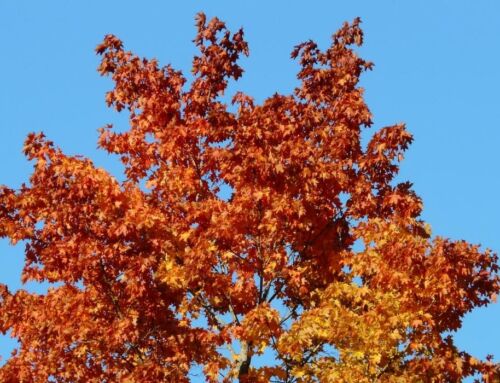Are your trees blooming? Is your yard looking its best? You may notice if your trees or shrubs are losing their color, have mold or appear to be eaten by pests. These are some of the signs that your plants need attention. Chances are, you’re not the expert.
Just as you would visit a doctor to seek a medical opinion regarding a bodily condition, arborists serve the same purpose when it comes to trees. These are complex organisms that have a major impact on your landscape and home! Arborists are trained to work with trees, shrubs, and plants as part of their everyday lives. These well-trained plant health care specialists can provide you with the insight necessary to keep your property in tip-top shape.
Plant health care provides your plants with vital nutrients they need to thrive while also protecting them against insects and disease. Camelot’s treatments combine fertilization, pest control, and disease control. With plant health care your trees will grow healthy for years to come, colors throughout your landscape will be more vibrant, blooms will be more beautiful, and your property will be better protected against the threat of insects or disease.
Let’s review some of the most common questions and concerns this time of year:
Why isn’t my tree blooming?
Not all trees are on board with seasonal change. Some may operate on their own schedule. However, nefarious effects of disease, bad pruning and excessive fertilization can also play a role. It’s best to call the experts for a thorough inspection.
I think my tree has oak wilt!
The battle against oak wilt in Michigan continues to rage on and from April to July oak trees are at higher risk. Symptoms of the disease may include bronzed or partially brown leaves while the rest of the leaf is green, dead upper portions of the tree, suckering at the base, and more. Our experts are all too familiar with oak wilt and can provide you the best suggestions if your trees are stricken with the disease.
Can I put a flower bed around the base of my tree?
Trees need space. Too much mulch can be a concern. It should be several feet from the trees base to reduce the risk of insects, rodents and other invasive species. Also, trees need access to moisture and battling for resources can have a negative outcome. Other takeaways: Don’t use plastic sheeting, don’t add soil over turf, and don’t damage roots when planting.
My lawn is full of weeds. How can I fix it without harmful fertilizer?
Seasonal change can bring about some headaches, including weeds. It’s almost like it happens overnight! You can try mowing short or using at-home fertilizers, but those are considered short-term solutions for a long-term problem. Our 100% organic and environmentally friendly lawn program uses beneficial organisms and natural food sources to maximize health and appearance. Organic fertilizers are biodegradable (reducing the effects of pollution on the environment), safe for your children and pets, and are more durable than chemical fertilizers (staying in soil longer while releasing more nutrients).
Addressing diseases, pests, and environmental stressors is urgent. The longer you wait the more likely you’ll be removing or replacing rather than treating the problem. A plant health care expert will inspect, diagnose, and subsequently follow up with an honest assessment of what you should do to maintain or improve vitality.
Your trees are literally worth money. Protect your investment with a plant health care program. Camelot Tree and Shrub Co. has the experts who can help your landscape thrive.
